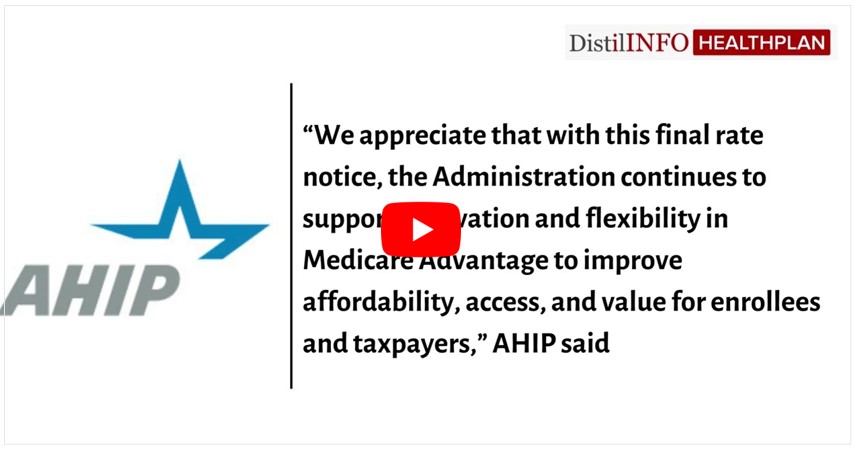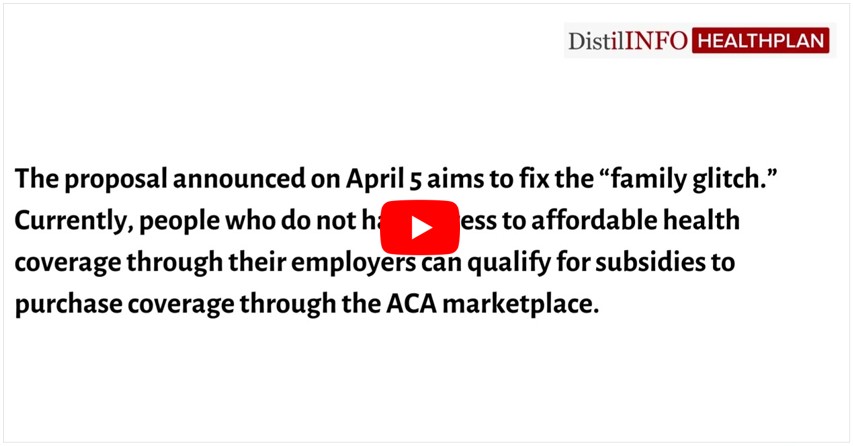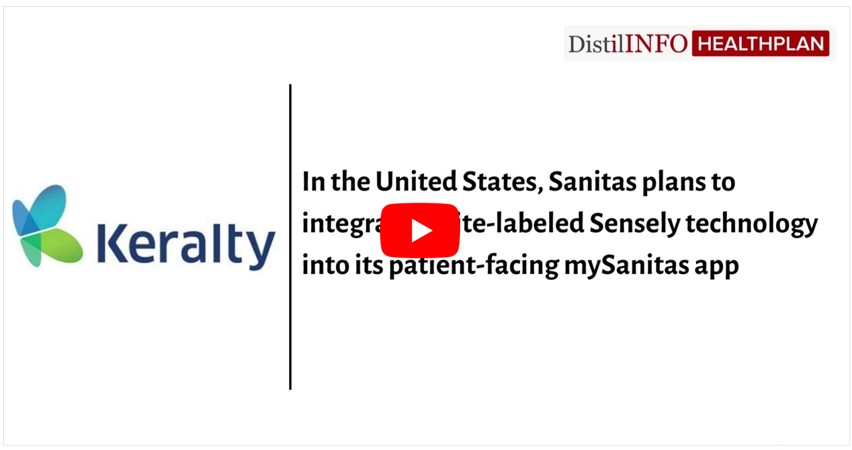CMS released its final 2023 Medicare Advantage capitation and Part C and D rate announcement on April 5, and now America’s Health Insurance Plans are raising some concerns.
“We appreciate that with this final rate notice, the Administration continues to support innovation and flexibility in Medicare Advantage to improve affordability, access, and value for enrollees and taxpayers,” AHIP said in an April 4 press release. “However, we are concerned that due to separate and ongoing rulemaking, several policies remain in question, which if finalized would be unworkable and could negatively impact seniors by increasing premiums or reducing benefits.”
AHIP elaborated on its concerns in a March 4 letter to CMS regarding the 2023 advance notice of the changes:
Fee-for-service normalization: CMS should explain its assumptions about 2023 fee-for-service risk scores, provide more information about the impact of not using 2020 in calculating the normalization factor and describe how it will address 2020 data in calculations for future years.
Provider diagnoses: CMS should allow plans to carry over diagnosis codes for non-curable chronic conditions documented in prior years for purposes of determining enrollee risk scores, allow diagnosis codes documented during audio-only telehealth visits to be counted for purposes of risk scores where clinically appropriate and permit the use of prescription drug data to support diagnoses.
Star ratings: CMS should issue an interim final rule with comments that maintain the weighting of patient experience/complaints and access measures at 2 for 2023 star ratings. CMS should also extend its COVID-19 disaster relief policy and special rules through an interim final rule to all applicable measures for 2023 star ratings.
Parts A and B fee-for-service costs: CMS calculates benchmarks by including people enrolled in fee-for-service who are ineligible to enroll in Medicare Advantage plans, artificially reducing rates in many counties. This approach fails to adequately determine the cost of providing a benefit to Medicare Advantage enrollees comparable to the cost of providing the benefit under original Medicare.
End-stage renal disease payments: CMS does not propose any material change to how it calculates expected costs for enrollees with end-stage renal disease. CMS should provide more details about the state-based rates study and work with stakeholders to study alternatives.
Medicare Advantage risk scores: CMS does not describe the methodology or assumptions used in developing its Medicare Advantage risk score trend estimate, the data used for the estimate, how the estimate compares to estimated coding in the fee-for-service program, or whether/how the estimate accounts for COVID-19’s impacts. CMS should share that information.
Source: Beckers Payer



